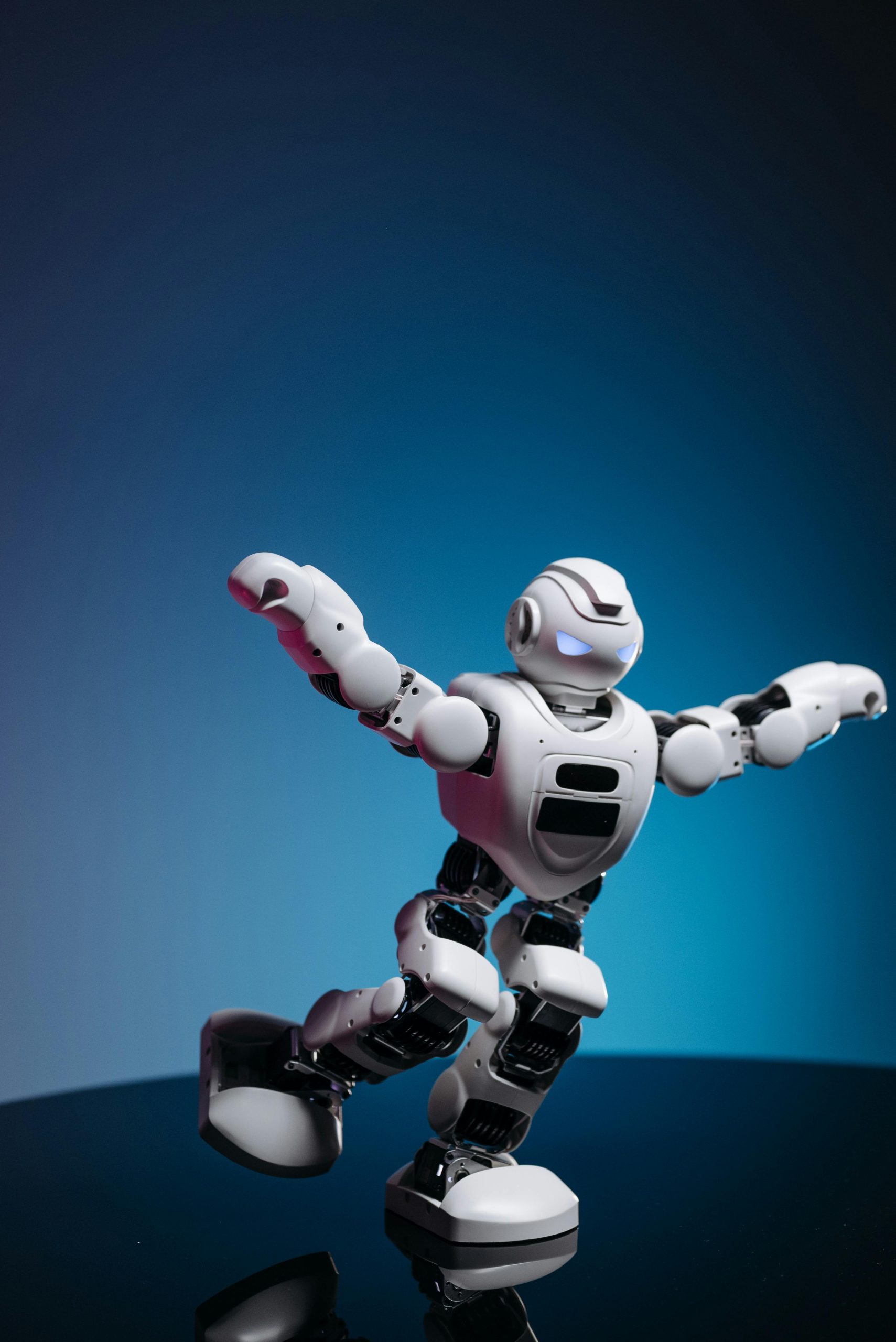The first generation of kids raised with AI as a default will think completely differently, and we won’t understand them
The Future of Thought: How AI is Reshaping a New Generation’s Mindset
As we stand on the brink of a technological revolution, it’s crucial to recognize that a new generation is growing up where artificial intelligence is simply a part of everyday life. For these children, AI is not something extraordinary; rather, it functions much like Wi-Fi or electricity—always accessible and effortlessly integrated into their daily routines.
For them, the act of engaging with an AI assistant is nothing out of the ordinary; it is a standard method of problem-solving. Rather than navigating search engines with traditional queries, they will hone their skills in crafting prompts that yield precise responses—a significant shift in how knowledge is approached.
This transformation in learning styles brings forth a fundamental change in cognitive processes. This generation will rely less on memorizing information and more on effectively navigating complex systems. Their approach will pivot away from trial-and-error methods towards rapid iteration and experimentation. Instead of asking, “What do I know?” they might ask, “What can I discover?”
We’ve never before seen a cohort of individuals nurtured in a world where machine logic is intertwined with their everyday experiences from such a young age. So, what implications does this have on foundational skills like curiosity, memory, and intuition when viewed through an algorithmic lens?
Consider for a moment the nature of trust in one’s thoughts. Will these children come to rely on their own reasoning, or will they default to the outputs generated by AI? As they develop, will they construct their own beliefs or merely adjust their responses based on pre-existing algorithms?
Furthermore, will they innovate and create new systems, or will their expertise lie in optimizing current frameworks?
While discussions around the impact of AI often focus on its implications for the job market and media landscape, we must also explore the deeper cognitive shifts it may engender in future generations. The way they think, feel, and ultimately define intelligence may be irrevocably altered as we witness the ongoing integration of AI into their formative years.
The repercussions of this evolution are profound and warrant our attention. As we ponder the future, let us consider not only how AI will influence industries, but also how it will redefine human thought itself.














Post Comment